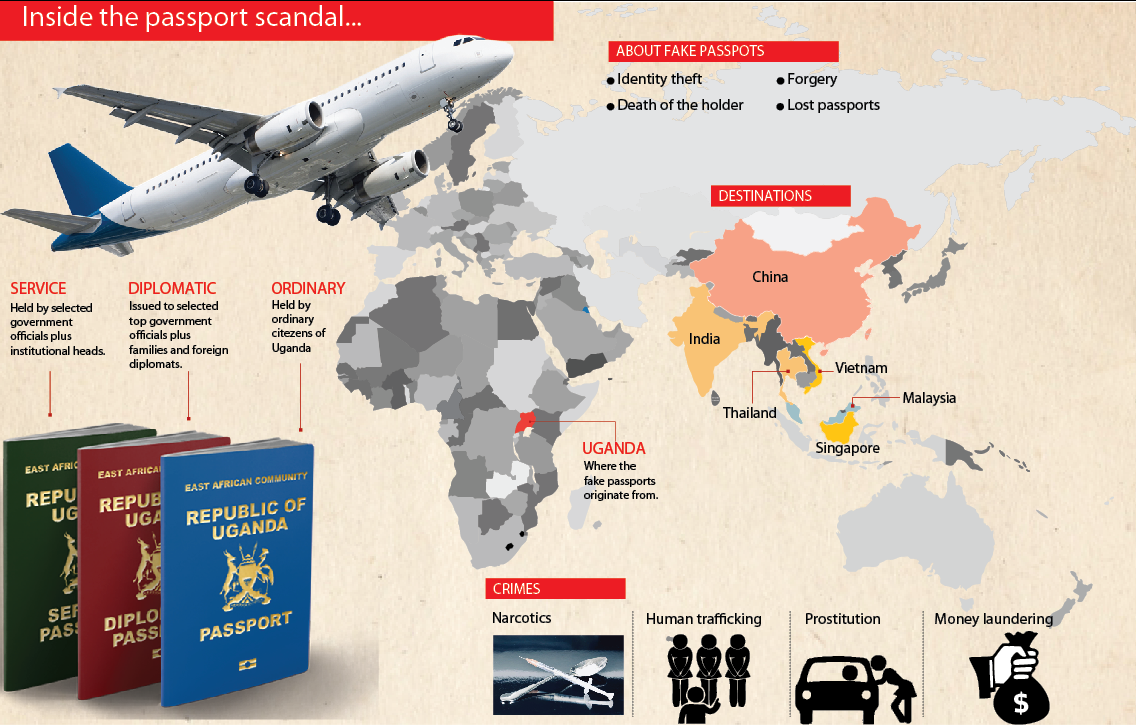Uganda-Vietnam: Avenues for more economic growth

Uganda boasts a rich agricultural sector, producing a wide range of commodities, including coffee
What you need to know:
- To fully capitalise on the immense potential created by these cooperation agreements, it is essential for both Uganda and Vietnam to actively seize existing trade opportunities.
- Vietnamese businesses should strive to expand their presence in Uganda, taking advantage of the East African market’s vast consumer base
Uganda and Vietnam have distinct economic strengths that make them natural trade partners. Uganda boasts a rich agricultural sector, producing a wide range of commodities such as coffee, tea, tobacco, and fresh produce.
Vietnam, on the other hand, has emerged as a global manufacturing hub, specialising in textiles, electronics and machinery. By leveraging these complementary strengths, both nations can enhance their export potential and reduce trade imbalances.
To fully capitalise on the immense potential created by these cooperation agreements, it is essential for both Uganda and Vietnam to actively seize existing trade opportunities. Vietnamese businesses should strive to expand their presence in Uganda, taking advantage of the East African market’s vast consumer base. By establishing partnerships and investing in Uganda, Vietnamese enterprises can tap into the region’s economic growth and contribute to its development.
On the other hand, Uganda should leverage the cooperation agreements to access the Vietnamese market and explore unexplored trade opportunities.
Vietnam, with its strong trade links to Southeast Asia, serves as a gateway for Ugandan businesses looking to enter new markets. By understanding market demands, adapting products and services, and building robust supply chains, Ugandan entrepreneurs can establish a successful presence in Vietnam and create mutually beneficial trade ties.
Maximising trade opportunities will yield numerous benefits for both countries. For Uganda, forging stronger trade ties with Vietnam will facilitate agricultural modernisation, attract investments in agro-processing industries, and spur value addition, resulting in increased export capacity. These initiatives will contribute to the welfare of small-scale farmers, generate employment opportunities and propel overall economic growth.
Similarly, Vietnam stands to gain significantly by capitalising on Uganda’s vast agricultural potential. Collaborating with Uganda can reinforce Vietnam’s food security, leveraging the African nation as a strategic base for agricultural production and processing. Moreover, sharing Vietnamese manufacturing expertise can fuel the growth of Uganda’s local manufacturing industries, bolstering its export capacity.
Both governments need to proactively provide an enabling business environment to promote and facilitate trade collaboration. Removing administrative hurdles, simplifying trade processes, and offering incentives for trade promotion initiatives are crucial steps toward realizing the full potential of bilateral trade ties.
Regular exchange visits, trade expos, and business delegations can facilitate knowledge sharing, foster partnerships, and expose businesses to new trade opportunities.
Industry stakeholders, including chambers of commerce and business associations, must actively engage in promoting bilateral trade ties. Initiating trade missions and organising business forums will create platforms for businesses to connect, exchange ideas, and explore joint investment possibilities. Trade fairs, webinars, and business-to-business matchmaking activities can bridge knowledge gaps and streamline trade transactions.
While the prospects for stronger trade ties are promising, it is essential to address the challenges that may hinder their growth. Limited awareness of each other’s markets, inadequate trade facilitation mechanisms, and logistical challenges are some of the barriers that need to be overcome.
Both governments should focus on fostering greater awareness through trade promotion initiatives, organizing business delegations, and encouraging collaboration between trade support intuition such as chambers of commerce and trade associations can also facilitate business-to-business connections, fostering a vibrant and sustainable trade ecosystem and establishing direct air links to facilitate trade and investment flows between both countries.
Ultimately, the growing trade ties between Uganda and Vietnam present a unique opportunity for both nations to diversify their economies, create jobs, and improve living standards. By leveraging their respective strengths, addressing challenges, and strengthening institutional frameworks, Uganda and Vietnam can unlock the full potential of their economic partnership.
As the world becomes increasingly interconnected, nurturing and expanding this trade relationship will contribute to the overall economic growth and development of both nations, fostering mutual prosperity for years to come.
Authored by Rodgers Manishimwe, [email protected]
@ishimwe_rodgers




